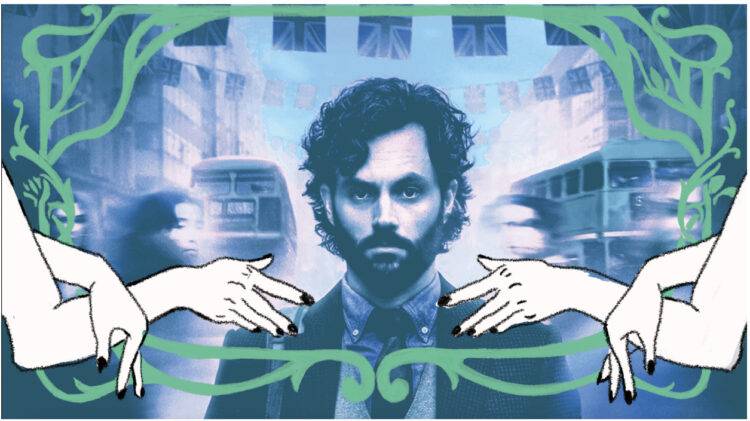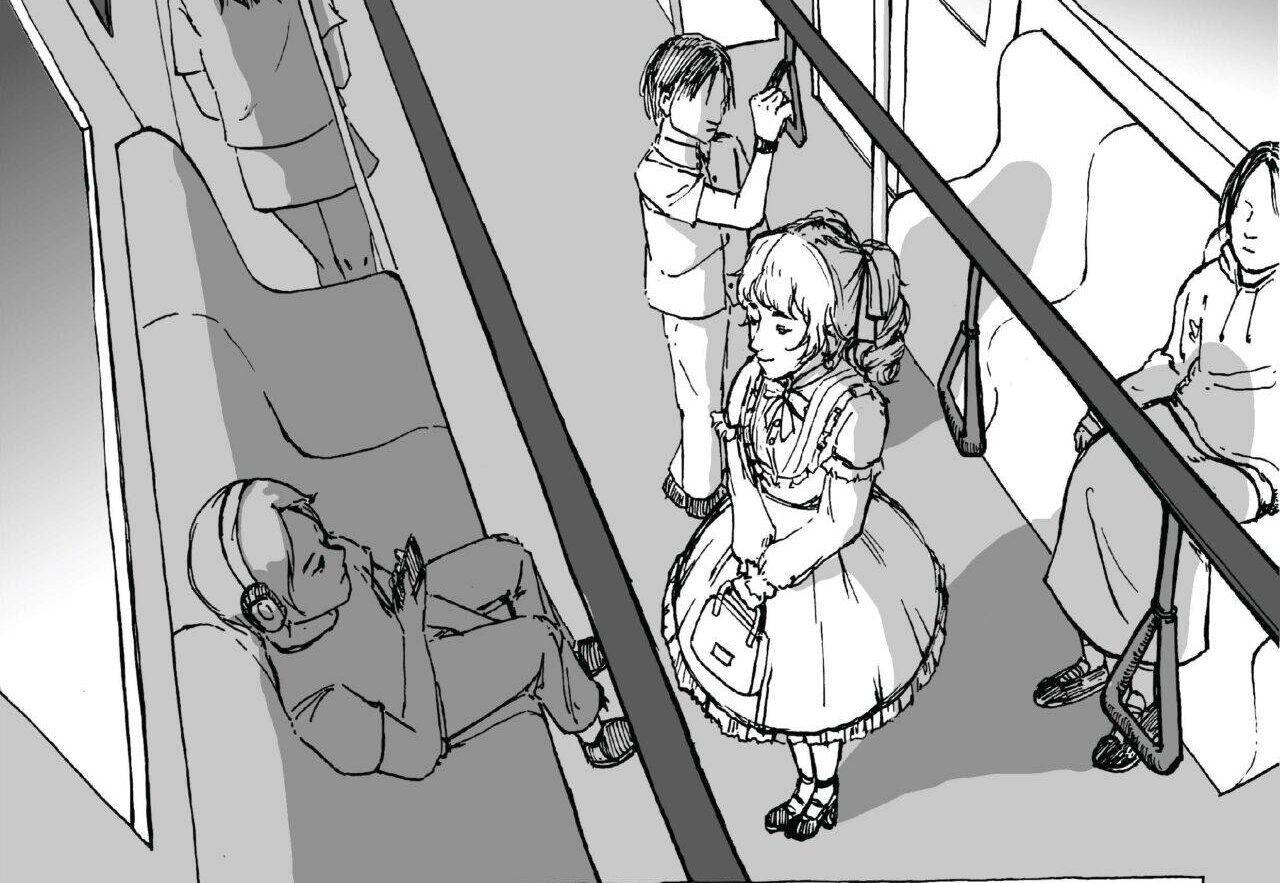
“I can fix him.”
It’s a phrase that spreads around the internet like wildfire every time TikTok, Tumblr, and the rest get ahold of a new problematic favorite character — especially skinny, hot, murderous white men. As movie and television studios comb through the literary landscape to find new gems to bring to the screen, more and more of these men enter the villain-to-protagonist zeitgeist.
More often than not these are characters that have tragic backstories they use to justify inflicting violence and stalking on others — often, but not always, on women.
Meanwhile, in the literary world, there is a rise in stories written by women told from the villain’s point of view, including dark romances featuring gaslighting and manipulative male characters. The inner monologue crafts the narrative and in some cases, delves into the antihero’s monstrous thoughts.
When these tropes get translated onto the screen, do these monstrous men lose some of their monstrosity? Their behavior is more rationalized by the lens of the camera — something that a movie like “Saltburn,” which came out last November, sidesteps by not having source material with which to compare it. Do adaptations glamorize the monster?
“You” is a fascinating example of this character trope and problematic transformation from novel to screen. No, not you, but “You” — Netflix’s bloody stalker romance series based on the book series of the same name by Caroline Kepnes that follows unlucky-in-love book lover Joe Goldberg (played by Penn Badgley) and the pile of bodies he leaves behind him as he goes on his romantic journey to find “the One.”
The show’s structure tries to retain Joe’s depraved inner monologue from the books by including near-constant voice-over throughout each scene. This creates some interesting and fun moments, but it is very different from the constant creepy thoughts within the book.
So far “You” has seen three full-length seasons, with a fourth season split into not one but two highly-anticipated releases, and a fifth season on the horizon.
Joe is the heart of the show, and what a twisted heart it is. We last saw him spiraling out of control after fleeing to the U.K., and living out a BBC Sherlock-esque mystery. It’s a far cry from the simple Season 1 story of stalking, falling for, gaslighting, and murdering an MFA Creative Writing candidate in New York.
With nearly every kill, there remain reasons to root for TV Joe. He’s kind to the bullied and disadvantaged young kids that populate the various seasons. One of my favorite scenes from Season 3 is when Joe and his wife, Love Quinn-Goldberg (played by Victoria Pedretti), murder their neighbor for being an anti-vaxxer and infecting their baby with measles. TV Joe is a monster, but he’s redeemable. He’s doing it for love (lower case, usually), and he wants to be a hero, as many antiheroes do.
Book Joe is a very different beast. There are no kids he protects. He does eventually have a baby, but he is never allowed to be a father because Book Love knows he is dangerous. His kills are not justifiable, his stalking is far worse, and his thoughts are constantly sexually threatening. The women he chases after are not “the One.” They are his prey. Book Joe even ends up in prison, whereas TV Joe never seems to be caught or punished.
In the show, you can’t help but find something likable about him. Even his voice-over is often funny. There are a myriad of YouTube videos of quirky clips of Joe and listacles online of reasons the audience loves him. Badgley is often in interviews and on X (formerly Twitter), reminding fans that Joe is not a good person.
When Season 5 drops, I’ll be joining the millions of viewers tuning in to see where the story goes, because it’s damn engaging. The series has now heavily diverged from the source material of the books; Joe has become less the terrifying and overtly sexual stalker and more a romanticized killer.
Television and film do something strange to these kinds of literary antagonistic protagonists. Even the latest installment in “The Hunger Games” franchise was subjected to this treatment. “The Ballad of Songbirds and Snakes” is a prequel set 50 years before the original books and repurposes one of the series’ villains as the protagonist. There is no question that Coriolanus Snow (played by Tom Blyth) is a terrible person, and the prequel sees both his rise to power as well as his loss of his last bit of morality through his relationship with Lucy Gray (Rachel Zegler).
One of the biggest differences between the book and the film is that Movie Coriolanus is more of a tortured soul, whose motivations and actions often seem well-intended because his inner monologue isn’t present for the audience to read. Thus, some of the creepiest book lines are cut from the movie.
Coriolanus Snow and Joe Goldberg are surprisingly similar characters — though if they ever met, they would probably want to kill each other. Funnily enough, they even have the same audiobook narrator (Santino Fontaine). These are men who are trying to get ahead in life and killing as needed. Spoiler: both of them end up murdering (or attempting to murder) the very women they claim to love.
Stalking, gaslighting, and assault are all very real threats in relationships, especially for women, and these are books marketed toward women audiences and written by women authors. The dark intentions of the main characters are part of the appeal because they give insight into a reality and play into a taboo sexual fantasy.
In both the novels “You” and “The Ballad of Songbirds and Snakes,” the real monster lives in the minds of the main characters. The screen refuses to capture that quite the same way. Film and TV let these characters off the hook when the books don’t. The real question is why.







